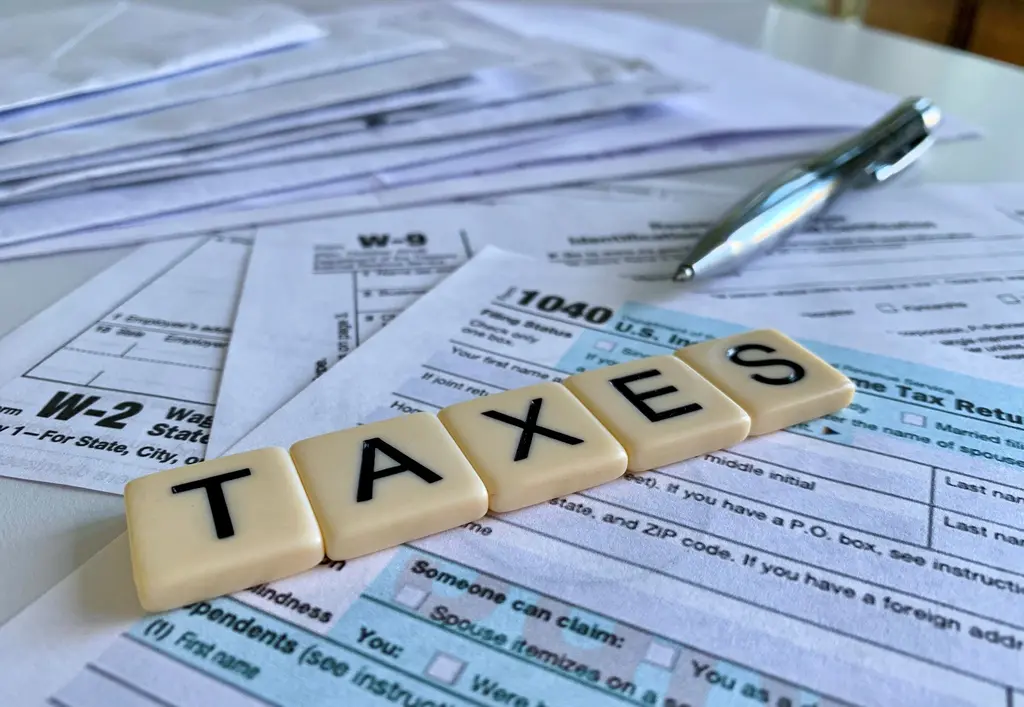A debt you owe that you did not pay back as agreed is considered ‘canceled’ when discharged or forgiven. This can be relieving, but it is important to note that the Internal Revenue Service (IRS) considers certain canceled debts as income. This means that you could end up owing taxes on the canceled amount. If you have debt forgiven, IRS may send a 1099-C cancellation of debt tax form to you in the mail.
If you had any debts canceled, seek legal advice from a reliable Tacoma bankruptcy lawyer to know if you need to pay taxes on certain debts that have been forgiven. Not all debts that are canceled require a 1099-C, and not all impact your taxes. In some instances, working with a professional tax service may be necessary.
An Overview of Form 1099-C: Cancellation of Debt
This is a series of “1099” forms that report various payments and transactions, excluding employee wages. In general, canceled debts are considered as income. If a borrower receives a Form 1099-C, they must indicate the amount on your income tax return, particularly on the “other income” line of your Form 1040 or 1040-SR.
Creditors and lenders send a 1099-C to borrowers and the IRS if a debt worth $600 has been forgiven or canceled. However, it is essential to seek legal help to know when a canceled debt worth less than $600 should still be treated as income.
Take, for instance, a borrower who defaulted on a $5,000 loan after paying off $2,000. If your creditor can no longer collect the balance and cancels the debt, $3,000 is reported as taxable income in Form 1099-C. A canceled debt considered taxable income will come with tax consequences, which could lower the tax refund you were expecting.
Filing Form 1099-C: Cancellation of Debt
Commercial lenders would often send 1099-C forms in case of:
- repossession
- foreclosure
- mounting credit card debt,
- loan modification on a principal residence
- abandonment of property
- the return of property to a lender
- federal student loan forgiveness for income-driven repayment plans.
Experienced Tacoma bankruptcy lawyers can help explain how these will factor in a possible bankruptcy filing. Call us today at (253) 383-7058 to schedule a consultation.
Three Types of 1099-C
- Copy A, which you must file with the IRS,
- Copy B, which must be sent to you, and
- Copy C, which the lender retains.
While you do not need to submit Form 1099-C when you file your tax return, you should hold onto it for your records. Upon receipt, make sure that the information on the 1099-C is correct. Contact your lender if you need a corrected form or if you did not receive any. It is your responsibility to include the canceled debt on your tax return.
When Income From a Canceled Debt May Not Be Taxable
According to the IRS, income from a canceled debt may not be taxable if it involves:
- bankruptcy
- insolvency
- non-recourse loans
- certain farm debts
- public service loan forgiveness
- student loan forgiveness or repayment assistance
- permanent disability
- death
Additionally, the American Rescue Plan included a provision that makes all student loan forgiveness from January 1, 2021, to December 31, 2025, completely tax-free.
Other Types of Debt That May Not Be Taxable
Certain types of mortgage debt may likewise be excluded from taxes. The Mortgage Forgiveness Debt Relief Act of 2007, extended through 2020, enables individuals to exclude up to $2 million of certain mortgage debt canceled by a lender. This is particularly true if it involves a short sale, foreclosure, or restructuring of a mortgage with a lower principal amount on a primary residence.
It is essential to keep in mind that even if you receive a Form 1099-C from your lender, you may still avoid taxation even with debt forgiveness. If your debt were discharged in a bankruptcy proceeding, such as a bankruptcy Chapter 7 or Chapter 13, you would not be responsible for taxes on that debt.
Additionally, if you can demonstrate to the IRS that you were insolvent when the bankruptcy court canceled the debt, you may avoid taxes on that debt. Certain types of debt, such as qualified farm indebtedness and qualified real property business indebtedness, may also prevent taxation if canceled.
Hiring an Experienced Tacoma Bankruptcy Attorney
If you are planning to file for bankruptcy, or if you are struggling financially and would like to explore your options, call our Tacoma bankruptcy law firm. We can provide the legal services you need and answer your legal questions regarding Form 1099-C and canceled debts.
Our Tacoma bankruptcy attorneys will help you decide which type of bankruptcy will enable you to start with a clean slate and rebuild your financial future. Call us at James A. Jones, Attorney at Law, and consult with a top-tier Tacoma bankruptcy attorney today.




